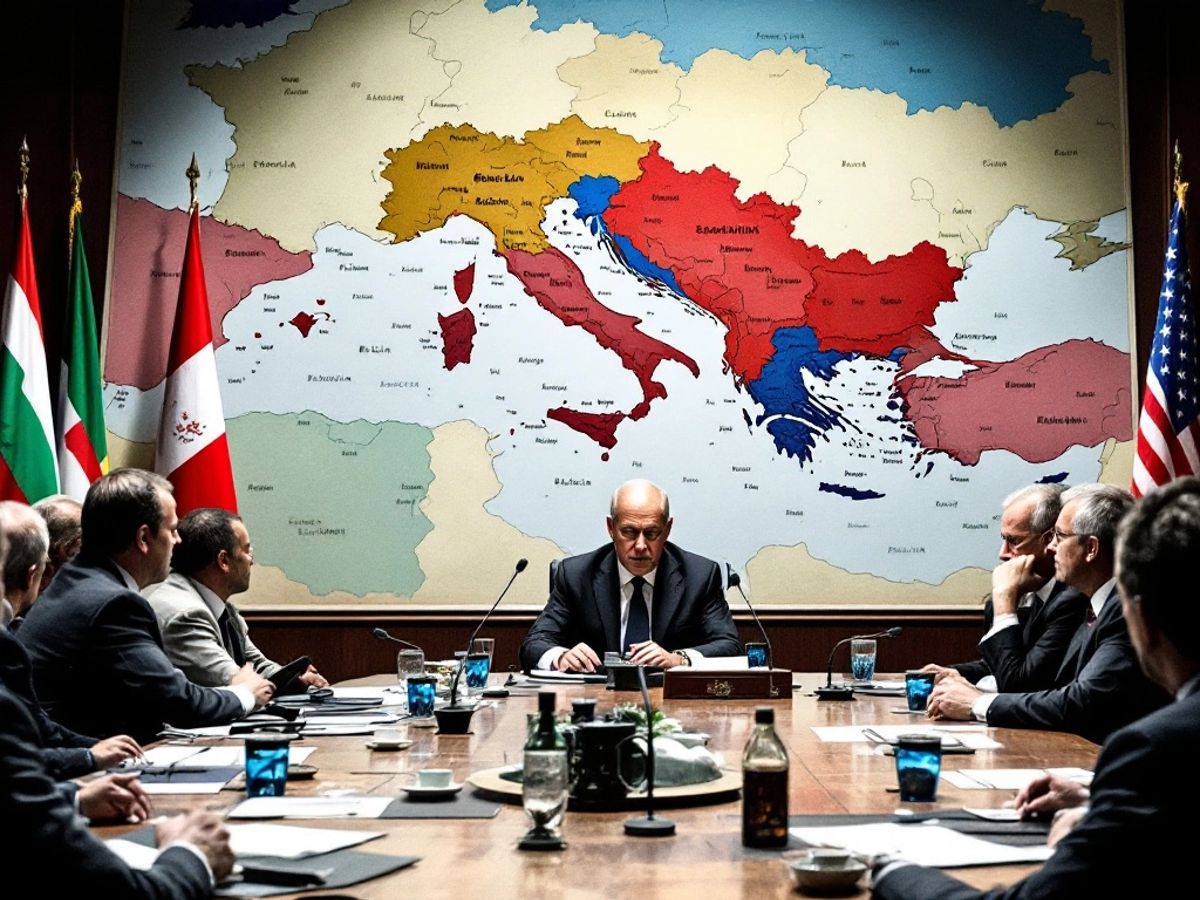In a recent address at an Atlantic Council event, Albanian Prime Minister Edi Rama expressed grave concerns about the potential spillover of conflicts from the Middle East and Ukraine into the Western Balkans. He emphasized the need for regional cooperation to prevent escalating tensions that could destabilize the area.
Key Takeaways
- Regional Tensions: Rama highlighted the ongoing Kosovo-Serbia dispute and recent violent incidents as indicators of fragile peace in the region.
- Migration Crisis: A new migrant deal with Italy has sparked controversy, raising questions about legality and human rights.
- EU Accession: The EU’s changing attitude towards the Western Balkans presents both opportunities and challenges for Albania and its neighbors.
Regional Tensions
Rama pointed out that the current geopolitical climate, particularly the conflicts in Ukraine and the Israel-Hamas war, could exacerbate existing tensions in the Western Balkans. He referred to a recent violent incident in Kosovo, where armed Serbs engaged in a gun battle, as a significant warning sign.
He stated, "This unresolved issue can be a detriment to regional cooperation and peace," urging the six countries in the region to work tirelessly to maintain stability.
Rama expressed optimism about the Kosovar authorities’ willingness to consider establishing an Association of Serb Municipalities, which could facilitate normalization talks with Serbia. He believes that such a move would be monumental for both Kosovo and the broader region.
Migration Crisis
The Albanian government recently struck a controversial deal with Italy to establish migrant centers in Albania for asylum seekers. This agreement has faced criticism from human rights groups, who argue it may violate international law.
In defense of the deal, Rama asserted that it aligns with EU standards and international law. He suggested that the backlash stems from biases against non-EU countries, stating, "It shows the prejudice against European countries not in the European Union."
EU Accession
Rama noted a significant shift in the EU’s perspective on the Western Balkans since Russia’s invasion of Ukraine. He described the region as a vital geopolitical asset for the EU, although he cautioned that full integration would take time.
At a recent summit, the EU unveiled a growth plan aimed at granting the six Western Balkans countries access to the EU single market, contingent upon implementing necessary reforms.
Rama expressed hope that this new phase of relations would invigorate the region’s aspirations for EU membership, stating, "I hope this will bring new energy and will bring more reasons to never, ever give up on the European Union."




